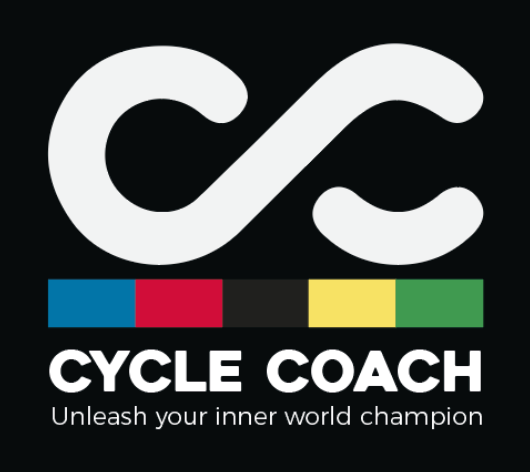The Race is On
As we (hopefully) start to exit the pandemic, racing is starting back up. There’s been a few events on, mainly time trials in the UK (but also a few road races), but what happens if - like many people - you haven’t raced since 2019?
Firstly, let’s presume you been doing endurancey based distance and work and haven’t totally fallen off the training wagon. If you have the process to get back to race fitness will be longer, but hopefully can be achieved in a shorter time frame compared to when you first started.
If you’ve been riding around and doing the occasional hard effort (probably uphill) and feel okayish, then, with some consistent and dialled in training you could be race fit in a relatively short period of time (say 4 weeks). What training you need to do will be dependent upon a variety of factors, which will include, your current fitness level, age, health, time you have available to train, what training you’re currently doing, and what event(s) you’re targeting. If you’re training for multiple different types of events (e.g., crits and TTs) then this may make the race build longer.
With this in mind, let’s take a look at a couple of different training ideas so that you can get race fit for a variety of events.
Time Trials
Depending on the duration of the event (e.g., 10miles versus 12-hours) will have an effect on what sort of training you need to do. However, if we look at say 25-mile TTs then you’ll really need to focus on increasing your FTP, or the power you can sustain maximally for about 60-minutes (this isn’t to say that FTP is your ~60-mins power).
One excellent way to increase your FTP is to do intervals that are somewhere between 12 and 30-mins in duration and to accumulate around 40-mins of these efforts once to three times per week. We call these efforts TTI (Threshold Tolerance Intervals) at CycleCoach.
The efforts should feel hard and your recovery period between efforts should be short (say 1 to 4-mins). Efforts should be done in a position that maximises power rather than aerodynamics so that you’re primarily working on physiology. However, the more you do of these the more you could try to be in an aero position and aim to minimise power loss.
Criteriums
Crits are generally shortish (up to say an hour) and typically revolve around very intense efforts and freewheeling. Your recovery from the intense efforts (which will be much higher than FTP) will be related to how metabolically fit you are (i.e., the higher your FTP the faster you’ll be able to recover) so working on your FTP is also important. However, if you don’t have the power and can’t (for e.g.,) accelerate hard out of corners or when someone puts their foot down you’ll be dropped.
A great way to increase your short-term power is to do some 30-secs on at full-gas, and 30-secs very easy intervals. When you go hard, you go hard and give it everything. Rest by taking it easy and turning the pedals over nice and easy. Complete 3 or 4 of these intervals to make one set and complete 2 to 4 sets per session. I wouldn’t suggest eating just prior to this session ;-). We call these efforts LTI (Lactate Tolerance Intervals).
Triathlon
As with TTs the training you may need will vary significantly depending on whether you’re doing a short course tri or a long course tri. Due to the pandemic and swimming pools having been closed for a long time, the swimming aspect is going to also depend on how well you’ve maintained your technique as well as upper body strength. If you have a tri coming up shortly then it may well just be a case of doing some swimming and building a feel for the water again.
However, as well as doing some TTI work (see Time Trials above) for the cycling aspect you can also do some strong run sessions at about 90% of your best pace that you can maintain for about an hour. This would correspond to a strong tempo pace and what we call MIET (moderately intensive endurance training). MIET durations can vary from 20 through to 90-mins and can have short little breaks in them. They’re less fatiguing than the TTI work and the pounding you’ll take is also less - you can run on or off-road for these.
Of course it’s important to bear in mind that these are just ideas for training, you may be in a completely different position and need some other type of training. If you’d like some more detailed ideas then this coming Monday at 7pm (UK time) I’ll be doing a Q&A at our coaching chat portal (sign up here https://links.geneva.com/invite/203076e3-7fa7-4eab-90fb-25e820c5742c). For the ultimate way forward we have our HubCC coaching or one to one coaching.
